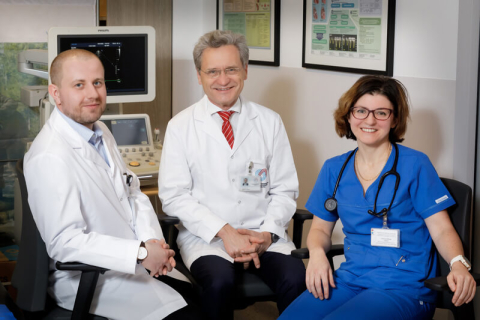Until now, specialists have not had many options for treating neutropenia in patients with GSD 1b. The therapy used was cumbersome and dangerous for the patient due to the risk of tumorigenesis. But a study conducted last year broke new ground. Reduced neutrophil counts, and thus compromised immunity, have been shown to result from the accumulation of a toxic compound called 1,5-anhydroglucitol in the blood. Scientists have therefore begun the search for a solution that would result in the elimination of this toxic compound from the body.
Last spring, a rodent study demonstrated that administration of empagliflozin - a drug registered for patients with diabetes and heart failure - is followed by renal excretion of the 1,5- anhydroglucitol compound. And the reduction of its concentration helps improve neutrophil function.
Thus, hope has emerged. Now, clinical trials must be conducted to evaluate the safety and efficacy of empagliflozin in GSD 1b patients. And such a study will take place in two centers in Poland.
Of the three planned studies with empagliflozin in patients with GSD 1b, the study of the scientists from Warsaw was registered as the second in the world. The others will be conducted in France and Hong-Kong.
- Our project is the largest study of this kind in the world. We are recruiting as many as 20 patients, and we are the only ones to include not only children but also adults, of whom there are currently two in our center - says prof. Zbigniew Gaciong from the Chair and Department of Internal Medicine, Hypertension and Vascular Diseases UCC MUW. The professor emphasizes that in adulthood, patients with GSD 1b develop lesions in various organs, which requires the involvement of experienced clinicians with different medical specialties. Only a few centers in Poland take care of adult patients with GSD 1b. At MUW, they are treated by a team led by the Professor, consisting of Piotr Sobieraj, MD, and Joanna Bidiuk, MD (in the picture).
Prepared on the basis of materials from the spokesperson of the Medical University of Warsaw.
